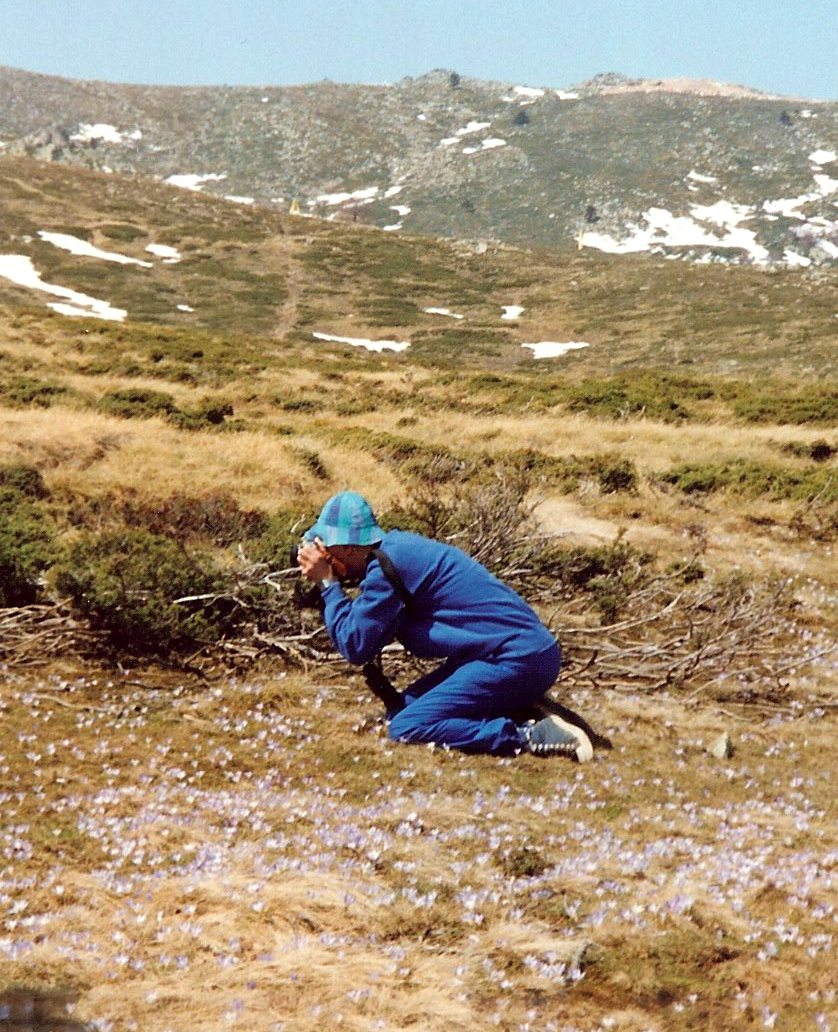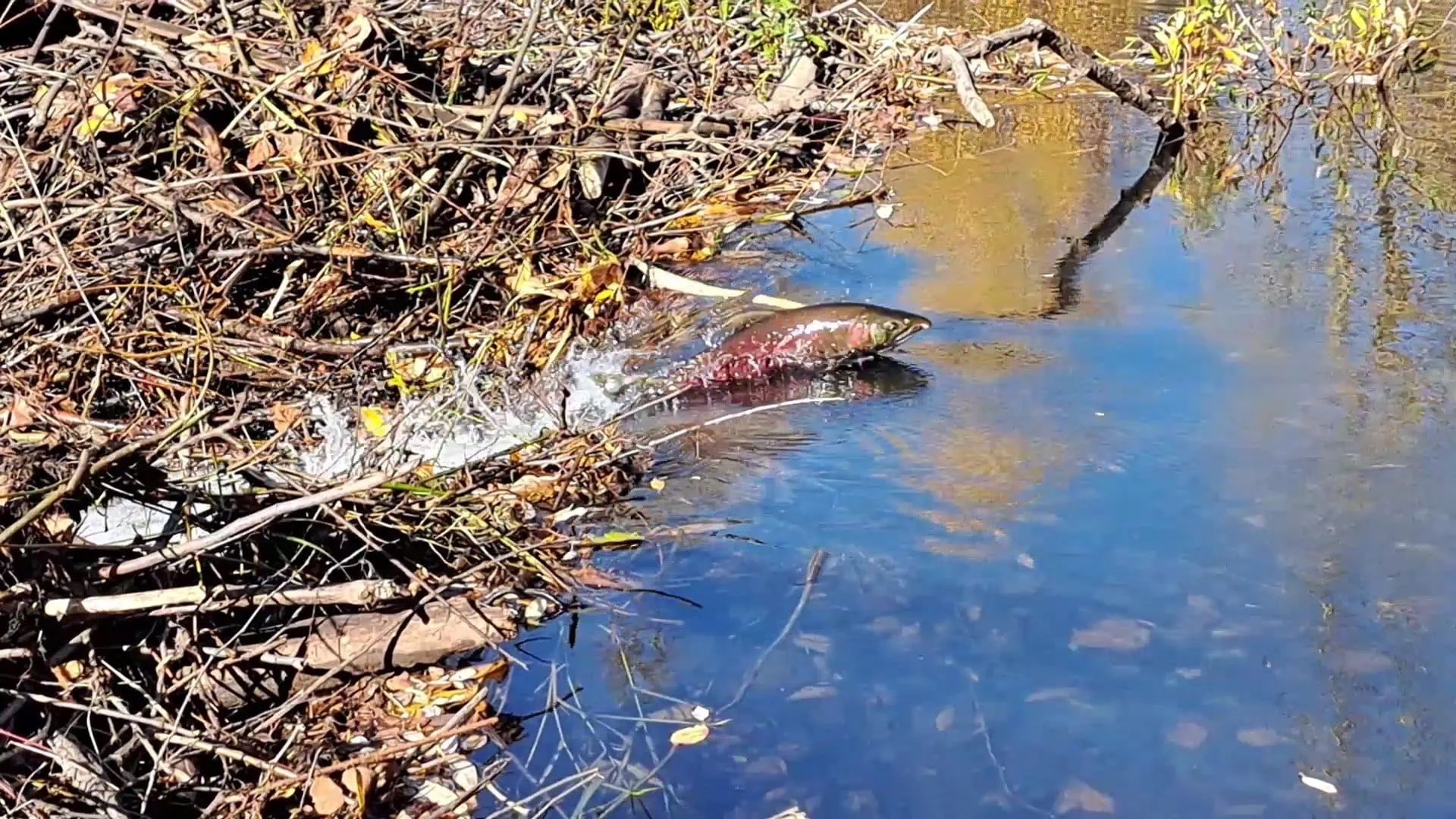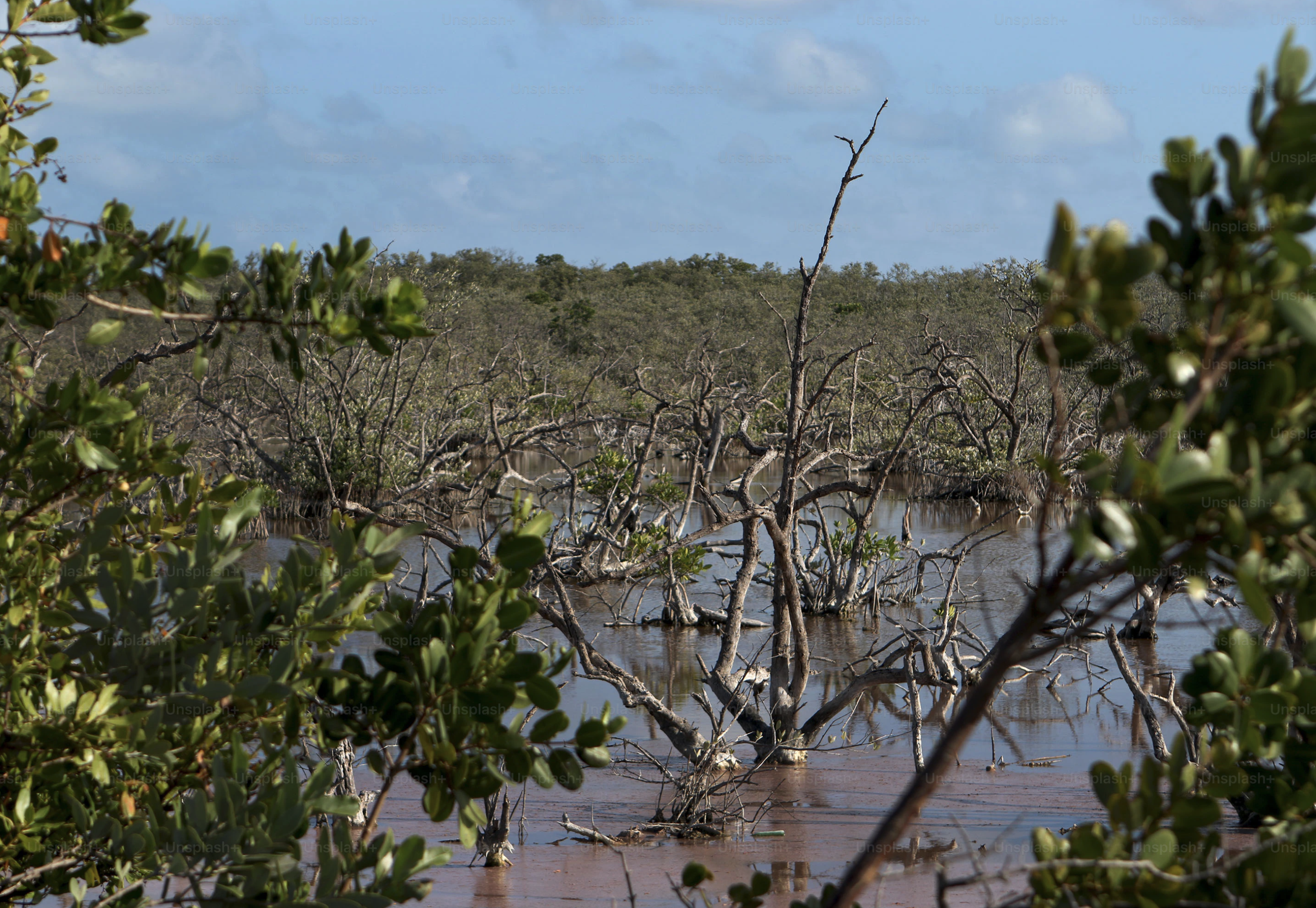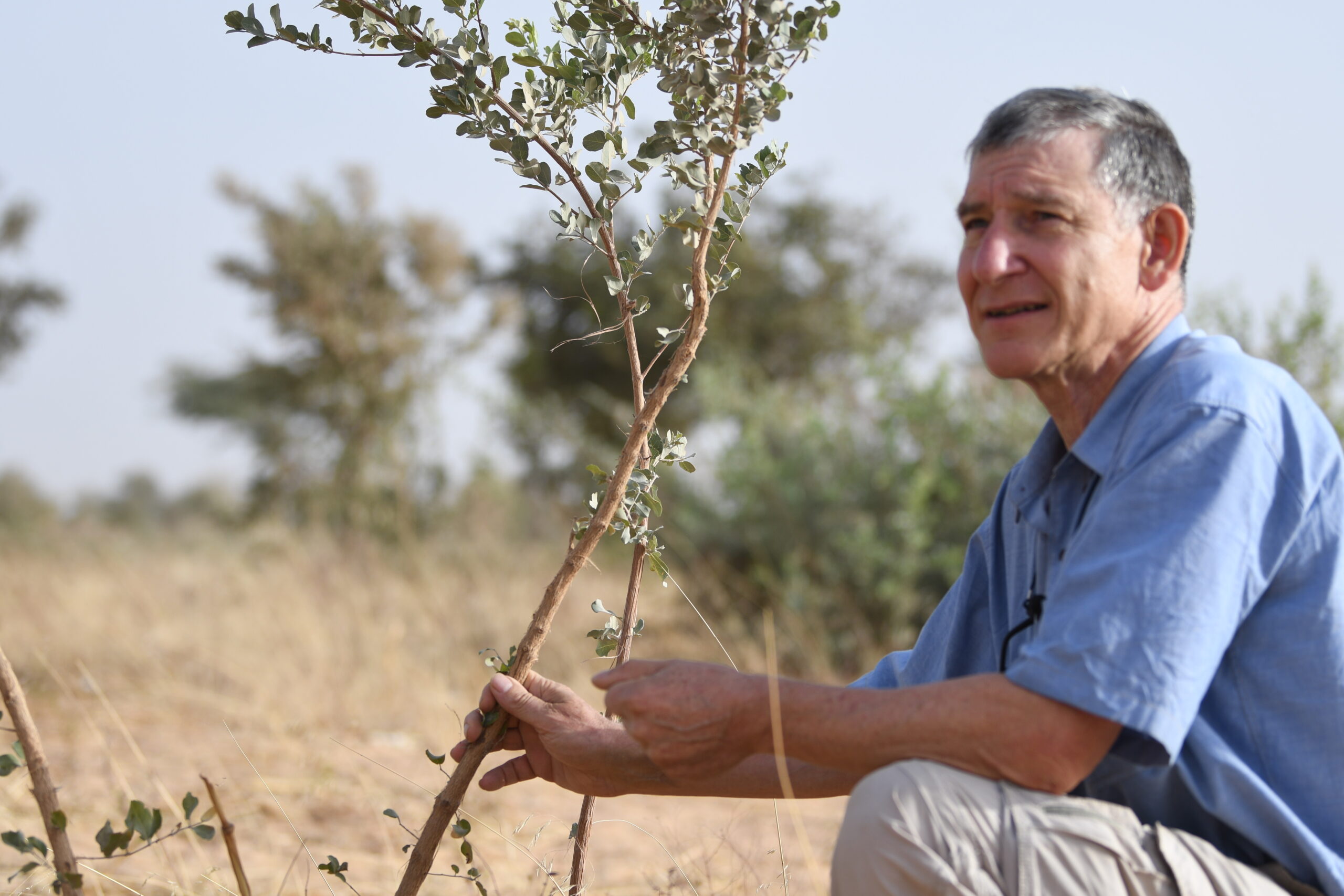A Rocha’s five core commitments as lived by John Stott – 2: Conservation
I have a favourite photo of John Stott. He is crouching over a clump of wild crocuses on a stony Turkish hillside, the heavy lens of his camera perfectly steady in his outstretched hands despite the awkward angle of his body. Photographing photographers is always fun.

John’s passion for birding and photography is legendary. A lifelong ambition to capture on film the breath-taking sight of Snowy Owls at their Arctic nests was fulfilled in his seventies – more of a pilgrimage than a package holiday. Other less ambitious expeditions were no less imbued with godly determination. Upon being semi-recognised at the end of a Sunday morning service on one such trip, he simply put his head down with an almost inaudible ‘we’re birders actually’, and headed for the hills. But his appreciation of all of creation was an integral part of his love for the Creator. Few living things escaped his penetrating gaze and insatiable curiosity. ‘Study the birds of the air is not a suggestion of Jesus’ he would say ‘It’s a command’, one which he was delighted to obey whenever his punishing schedule allowed. It must have done sometimes, since of the estimated 9,000 or so species in the world, he managed to see, and often photograph, almost a third!
A passion for birding is not necessarily the same thing as being a conservationist though. Yet John was both. As early as 1984, when environmental issues were far from the top of the church’s agenda, he was arguing strongly that all Christians have a responsibility to care for creation. ‘Trusteeship includes conservation’ he wrote, ‘the greatest threat to mankind may prove in the end not to be nuclear war, but a peace-time peril, namely the spoliation of the earth’s natural resources by human folly or greed.’[1] John was fully persuaded, both theologically and scientifically, that the growing ecological crisis threatens not only the health of humankind, but its very survival, and that of the planet itself.
Among the countless reasons for serious concern, he highlighted four inescapable realities: accelerating world population growth, depletion of the earth’s resources, the problem of waste disposal and the catastrophic implications of a changing climate, especially for the poor. In his tireless, lifelong mission to apply biblical truths to everyday life, John reached the conclusion that all thoughtful, committed Christians face difficult choices with regard to the environment. It is time-consuming, but right, he believed, to buy clothes, food, and other necessities from companies with ethically sound environmental policies. The recent horse-meat scandal in Europe has reminded us that awareness of the provenance of food is a good idea for other reasons too. ‘When is beef not beef?’ no longer sounds like a four-year old’s joke. (See our article A Horse! A Horse! God’s Kingdom for a horse?)
The scale of the problem is huge, and potentially paralyzing – but there are simple, practical things we can do. We can buy less, eat less, recycle more, turn off electrical things we don’t need. We can notice the natural world more, give thanks for it, study it, and do what we can to look after it. All these principles were reflected in John’s simple lifestyle. As far as I know, he didn’t make his own muesli, or grow organic tomatoes in his London window box. But he ate simply, and shopped rarely. His possessions were few and precious since they were mostly gifts from friends around the world. Books lined his walls, but they were in constant use and no doubt circulation too. Also he had written quite a lot of them himself! Buying clothes presented less of a temptation to him than it does to me, but this English gentleman was always impeccably dressed. We know he owned two suits, both of them light blue and miraculously crease-proof. He had startlingly colourful outfits – shirts and ties from Africa and Asia. He also had a remarkably jazzy blue and green sunhat which appeared, like the crocuses, on that stony Turkish hillside.
That’s in my favourite photo too…
[1] Stott, John R.W. Issues Facing Christians Today, p 115. Marshall, Morgan and Scott, Hants UK, 1984
We are happy for our blogs to be used by third parties on condition that the author is cited and A Rocha International, arocha.org, is credited as the original source. We would be grateful if you could let us know if you have used our material, by emailing [email protected].




LOVE that photo! Thanks so much for putting it out there. Where exactly in Turkey are you?
[…] Traducido por María Eugenia Barrientos de A Rocha’s five core commitments as lived by John Stott – 2: Conservation […]
Nice, Miranda. Wished I could have met John Stott in person. Very much share his passion for faith – and photography and nature!
Jan – Germany.